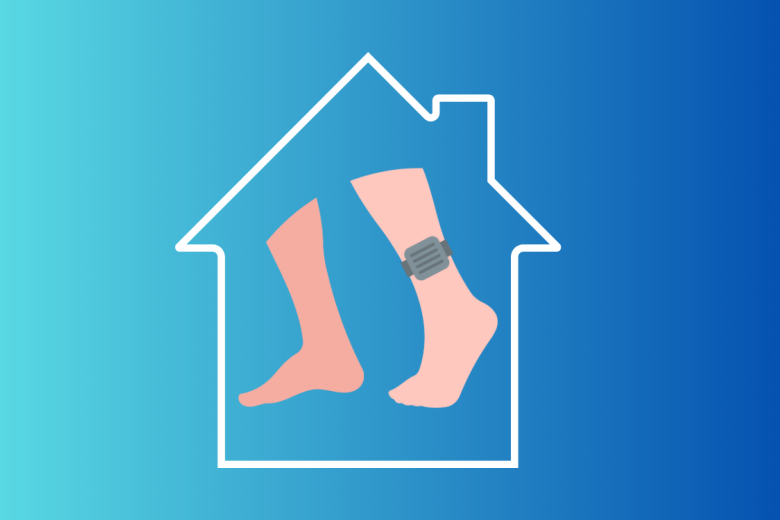abstract_van_der_velden.pdf
(74.53 kB, PDF)
… Dutch Caribbean The ‘Tera di famia’ is a cultural-institutional form of land tenure common to citizens of Afro- Caribbean descent, known in the whole Caribbean and as such not limited to the islands of Curacao, Aruba, and Bonaire. Groups of siblings with their spouses lived near to each other on family land, often a donation dating back to the moment of manumission in the first half of the 19th century. It is a system of unrestricted cognatic descent whereby land ownership is inherited by all descendants of the original owner as a group. The land is not partitioned when someone dies by heirs, but rather held in common with all rightful heirs as a shared claim to the overall parcel. Rightful heirs, as the family sees them, are not always identical to those identified as owner by the authorities. Co-owners of family land are entitled to use a portion of the land, to build their house here and to bequeath it to their children in turn, but they should not sell or otherwise dispose of it. There is also a religious aspect involved. The ‘Tera di famia’ is the place where children, grand-children, and future generations can return to commemorate their ancestors, and in that way, the place …



